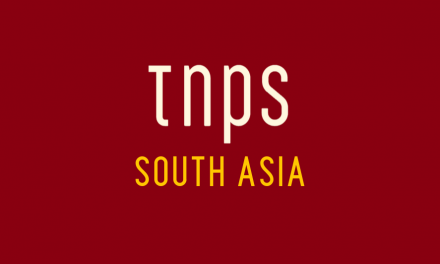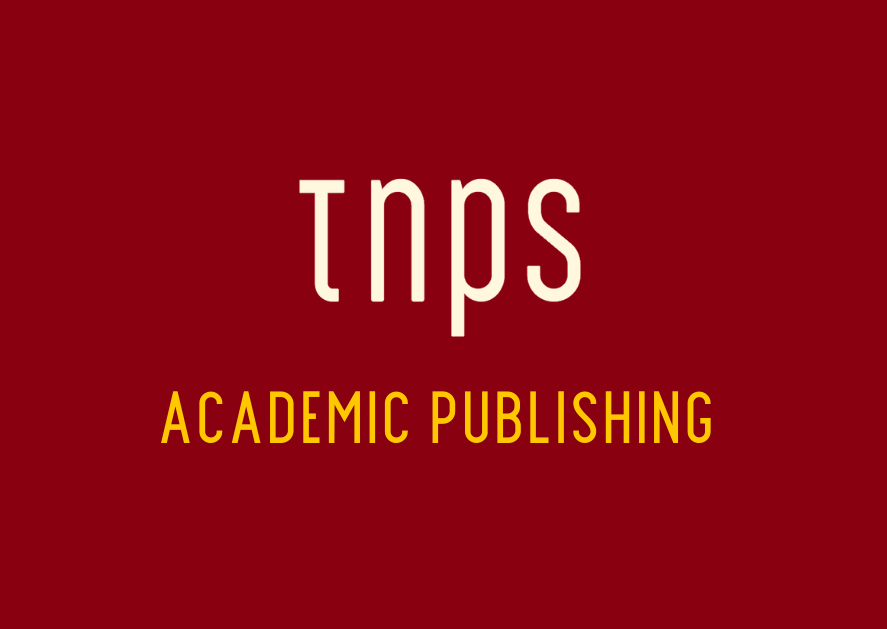This is a breaking news story that we’ll try update as details come in, but TNPS has learned that BestSharer S.L., the Madrid-based parent company behind the digital books apps Tigo and 24Symbols is in administration.
No word yet as to what brought the company to this point, but worth noting that the 24Symbols website is still live and still signing up new users, so it’s possible the intention it so find a buyer for the ebook and audiobook subscription service rather than simply shutter the operation.
24Symbols was launched under the BestSharer S.L. umbrella in closed beta in 2010 by Justo Hildago and others, and went live as one of Europe’s first ebook subscription services in 2011, offering a premium model supported by ads and a premium ads-free model.
The launch happened at the London Book Fair with an English-language website despite being focussed solely on the Spanish market for the first two years.

Styling itself as the “Spotify of books” (back then Netflix wasn’t the cultural headline grabber it is today) Hildago had a vision of a global operation with the English-language markets in his sights, but of course US and UK publishers had other ideas.
A partnership with Zed, then the largest mobile content distributor in the world, was followed by a launch in Russia in partnership with Beeline, and from there other countries were soon added. A Latin American expansion was a given, with partnerships with Tigo and Personal to reach Guatemala, Colombia, and Argentina, and Germany (with Mobicom Debitel) soon followed that.
Fast-forward to 2020 and the site offers Portuguese, Italian and French language support, but with nine successful years under its belt it may be the end for 24Symbols.
The subscription naysayers will jump on this as evidence the model is unsustainable, but in fact it is nothing of the sort, but rather evidence of an inevitable market shake-down as competition in the subscription books space grows ever more fierce.
In the absence of any further information about the 24Symbols situation, let me end this post with some examples from the past twelve months of the subscription books model doing rather well.
Take Scribd, for instance. And a reminder here that back in 2015 the failure of Oyster was presumed to be the end of the subscription model. Scribd had other ideas.
Or we might mention Bookmate:
Or there’s the Nordic players (just three examples here – there are many more):
And of course Storytel:
Or we might head over to Brazil where Ubook led the way long before Storytel Brazil launched.
Nor was it just in the Americas and Europe, as France-based YouScribe demonstrated.
Anyone citing the imminent closure/sell-off of 24Symbols as evidence the subscription model for books has no legs might want to take a closer look at those examples, among any others.





